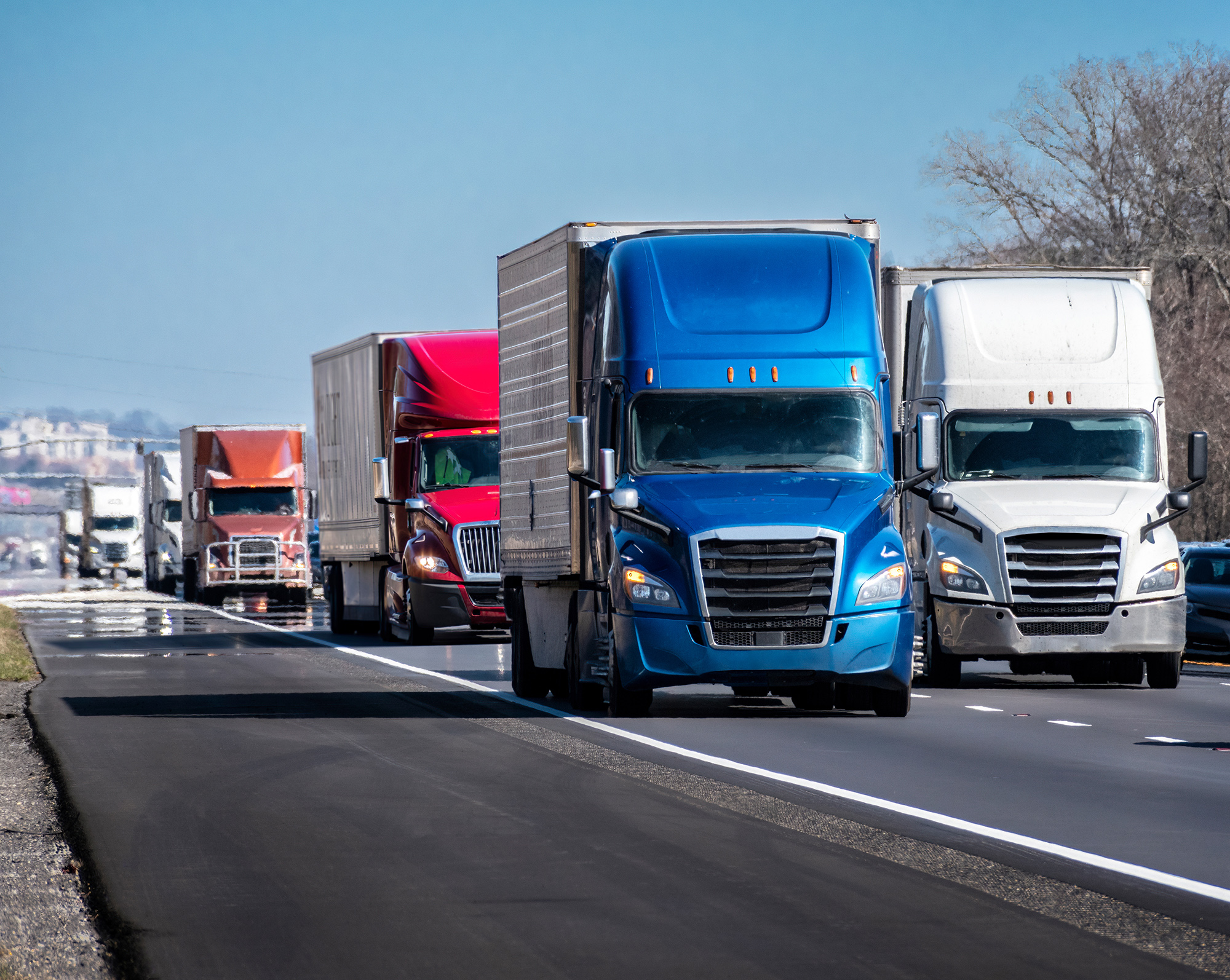The trucking industry is a crucial but often overlooked part of the global economy. The goods we use every day, like food and clothes, travel long distances to reach us, and trucks are essential for this transportation. Trucks not only deliver goods but also reflect the health of the economy.
Key Role in Commerce
The trucking industry is massive. In the United States, trucks transport over 70% of all freight. This shows how vital they are in connecting producers with consumers and manufacturers with retailers. If the trucking network is disrupted, it can cause delays, higher costs, and shortages of goods, affecting the entire economy.
Economic Indicator
Trucking activity also indicates broader economic trends. When the economy grows, people spend more, and trucking volumes increase as businesses produce more goods. During economic downturns, trucking activity decreases as businesses slow down and consumers spend less. The Truck Tonnage Index, which tracks the amount of freight moved by trucks, helps analysts understand these economic shifts.
Challenges and Opportunities
The trucking industry faces several challenges, including rising fuel costs, regulatory issues, and a shortage of drivers. New technologies like autonomous and electric trucks could improve safety, reduce emissions, and increase efficiency, but they also bring logistical and regulatory challenges.
However, these challenges also present opportunities. By adopting new technologies and policies, the trucking industry can become more resilient and sustainable, driving economic growth.
Conclusion
The trucking industry is essential for connecting producers, suppliers, and consumers, impacting the economy significantly. As the global marketplace becomes more interconnected, the importance of trucking will continue to grow. By recognizing its value and addressing its challenges, we can ensure the trucking industry remains strong and efficient for the future.




